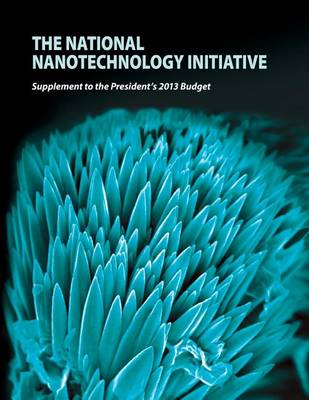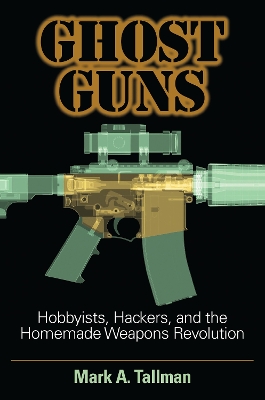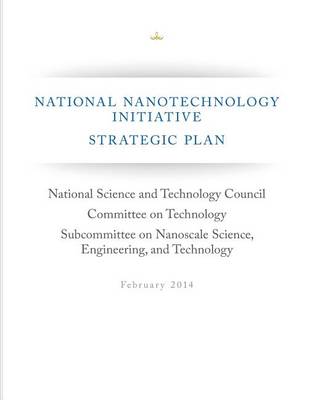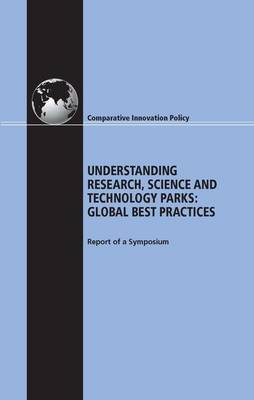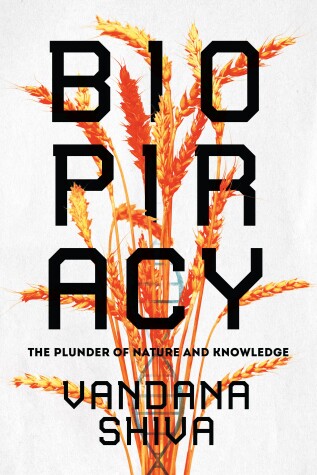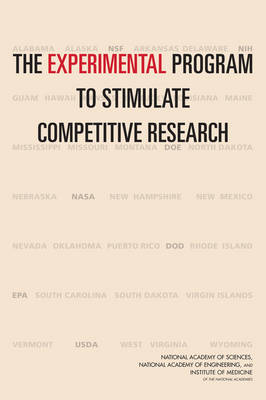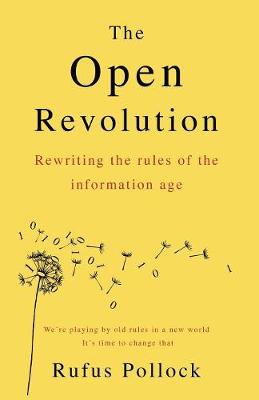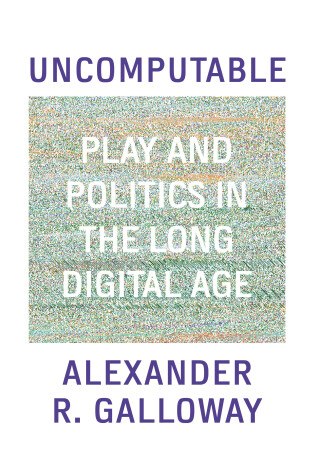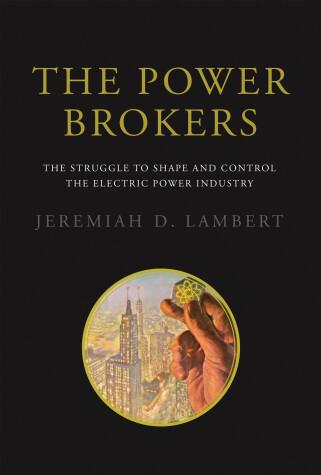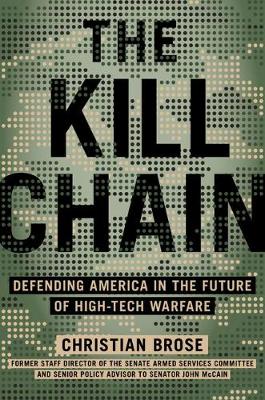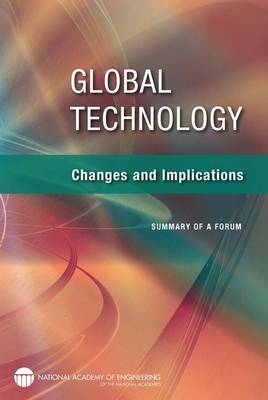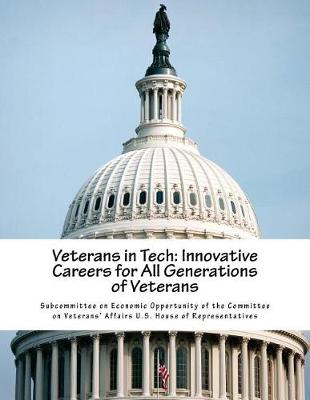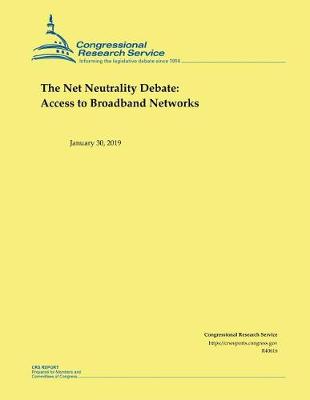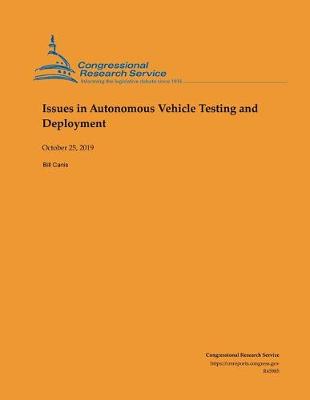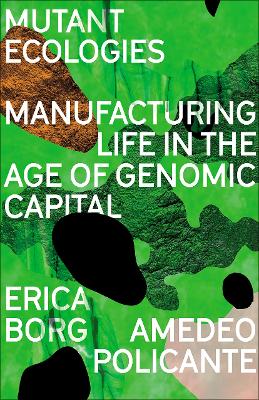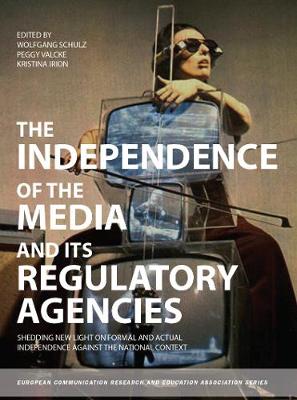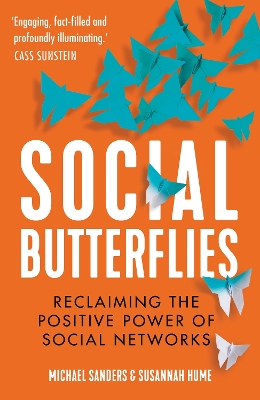In recent years, techno-scientific progress has started to utterly transform our world - changing it almost beyond recognition. In this extraordinary new book, renowned philosopher Slavoj Zizek turns to look at the brave new world of Big Tech, revealing how, with each new wave of innovation, we find ourselves moving closer and closer to a bizarrely literal realisation of Marx's prediction that 'all that is solid melts into air.' With the automation of work, the virtualisation of money, the dissi...
The National Nanotechnology Initiative
by Executive Office of the President of the
Ghost Guns: Hobbyists, Hackers, and the Homemade Weapons Revolution
by Mark A Tallman
National Nanotechnology Initiative Strategic Plan
by Execuritve Office of the President of Th and National Science and Technology Council
Understanding Research, Science and Technology Parks
Many nations are currently adopting a variety of directed strategies to launch and support research parks, often with significant financial commitments and policy support. By better understanding how research parks of other nations operate, we can seek to improve the scale and contributions of parks in the U.S. To that end, the National Academies convened an international conference on global best practices in research parks. This volume, a report of the conference, includes discussion of the d...
Genetic engineering and the cloning of organisms are “the ultimate expression of the commercialization of science and the commodification of nature.… Life itself is being colonized,” according to renowned environmentalist Vandana Shiva. The resistance to this biopiracy, she argues, is the struggle to conserve both cultural and biological diversity. As the land, forests, oceans, and atmosphere have already been colonized, eroded, and polluted, corporations are now looking for new colonies to expl...
Promoting Security in Wireless Technology
by Subcommittee on Communications and Techn
The Experimental Program to Stimulate Competitive Research
by National Academy of Sciences
The primary federal program designed to ensure that all states are capable of participating the nation's research enterprise fall under the general rubric of the Experimental Program to Stimulate Competitive Research (EPSCOR). The National Science Foundation (NSF), Department of Energy, Department of Agriculture, and National Aeronautics and Space Administration have active EPSCOR programs. Since its inaugural year in 1979, the EPSCOR program has grown from funding programs in five states to awa...
A journey through the uncomputable remains of computer history Narrating some lesser known episodes from the deep history of digital machines, Alexander R. Galloway explains the technology that drives the world today, and the fascinating people who brought these machines to life. With an eye to both the computable and the uncomputable, Galloway shows how computation emerges or fails to emerge, how the digital thrives but also atrophies, how networks interconnect while also fray and fall apart....
In October 2007, the U.S. National Academies and the Iranian Institute for Advanced Studies in Basic Science organized the first of a series of planned U.S.-Iranian workshops on the topic "Science as a Gateway to Understanding." This new workshop series is a component of the broader effort of the National Academies to support bilateral workshops and exchange visits in a variety of fields with a number of Iranian institutions that began in 2000. This book includes papers that were presented at t...
The Power Brokers (The MIT Press) (The Power Brokers)
by Jeremiah D. Lambert
How the interplay between government regulation and the private sector has shaped the electric industry, from its nineteenth-century origins to twenty-first-century market restructuring.For more than a century, the interplay between private, investor-owned electric utilities and government regulators has shaped the electric power industry in the United States. Provision of an essential service to largely dependent consumers invited government oversight and ever more sophisticated market interven...
Engineers know what they mean by the word technology. They mean the things engineers conceive, design, build, and deploy. But what does the word global in the phrase global technology mean? Does it mean finding a way to feed, clothe, house, and otherwise serve the 9 billion people who will soon live on the planet? Does it mean competing with companies around the world to build and sell products and services? On a more immediate and practical level, can the rise of global technology be expected t...
Mutant Ecologies traces the spinning of new synthetic threads into the web of life. It is a critical cartography of the shifting landscapes of capital accumulation conjured by recent developments in genomic science, genome editing and the biotech industry. CRISPR crops, fast-growing salmons, heat-resistant Slick™ cows, Friendly™ Mosquitoes, humanised mice, pigs growing human organs – these are but a few of the dazzling new life-forms that have recently emerged from corporate and university labo...
In this fascinating foray into the millennia-long relationship between science and military power, acclaimed astrophysicist and "the world's best science communicator" (Times Literary Supplement) Neil deGrasse Tyson and writer-researcher Avis Lang examine how the methods and tools of astrophysics have been enlisted in the service of war. "The overlap is strong, and the knowledge flows in both directions", say the authors, because astrophysicists and military planners care about many of the same...
Media independence is vital for democracies, and so is the independence of the regulatory bodies governing it. The Independence of the Media and its Regulatory Agencies explores the complex relationship between media governance and independence of media regulatory authorities within Europe, which form part of the wider framework in which media's independence may flourish or fade. Based on research in more than forty countries, the contributions analyse the independence of regulators and draw lin...
The standard analytical approach to teaching Shakespeare does not tend to help students understand the theatricality of the Bard's plays and can leave them with an overly dry, disconnected view of Shakespeare. Designed to address this problem, Holistic Shakespeare combines analysis with creative learning methods. Holistic Shakespeare acts as a guide for teachers as well as enabling students to feel as if they are in the stands of the Globe Theatre actually watching the play. This book is design...
'Engaging, fact-filled and profoundly illuminating. It's inspiring to read – and it should help make the world a lot better.' Cass Sunstein, author of NudgeThe rise of social media has sent our social instincts into overdrive, and the impact of our networks has never been greater. But what if we could reclaim the positive power that influences our decisions, to behave better and be happier? In this groundbreaking book, Sanders and Hume build on the incredible findings of their own cutting-edge r...

